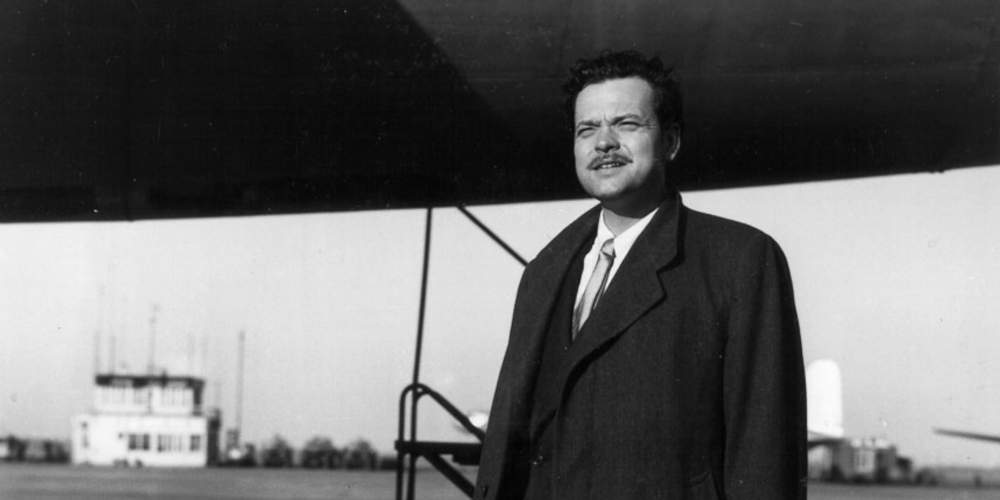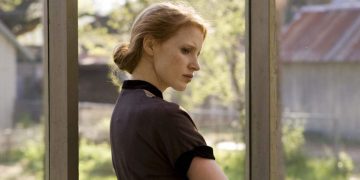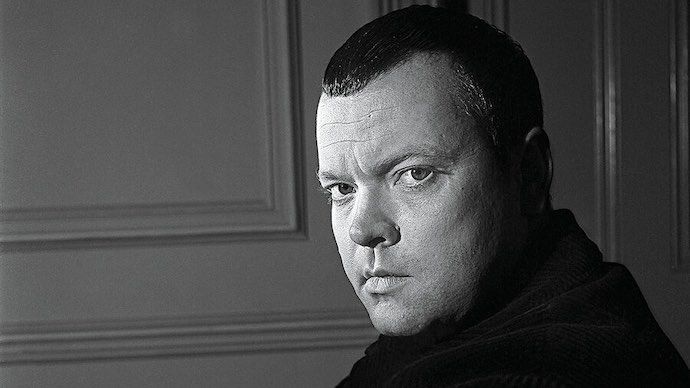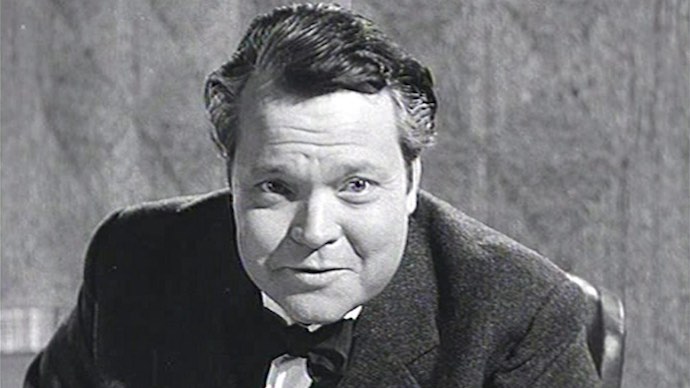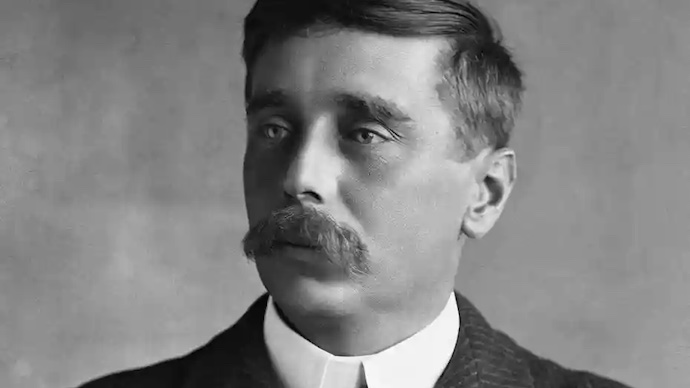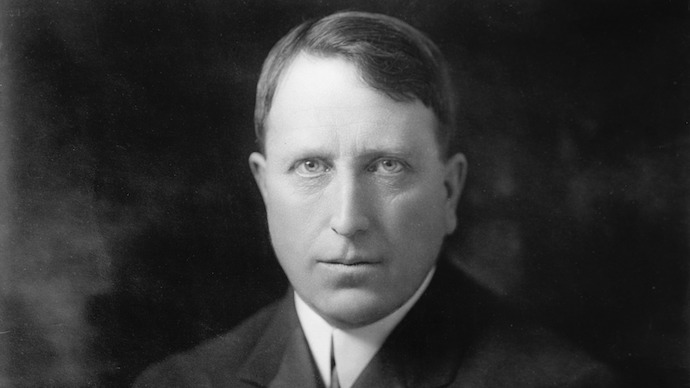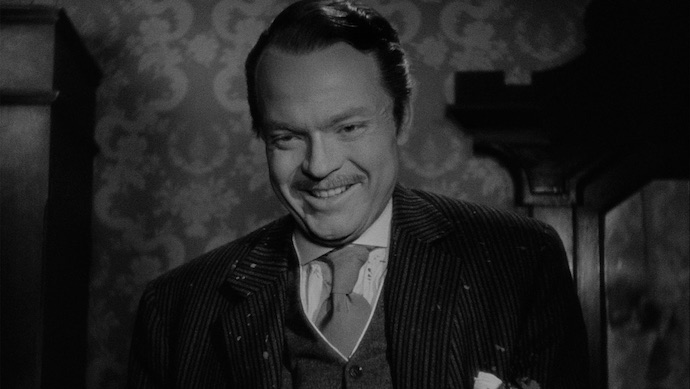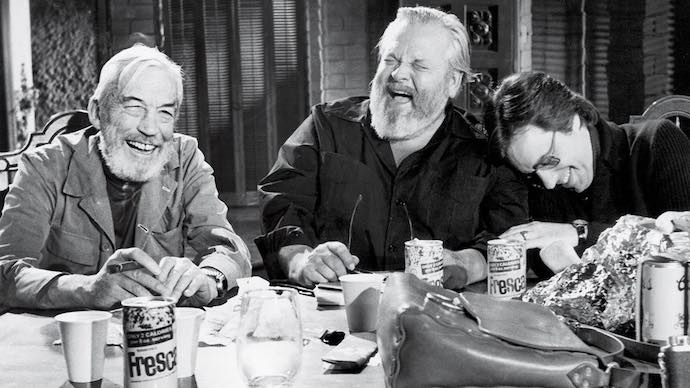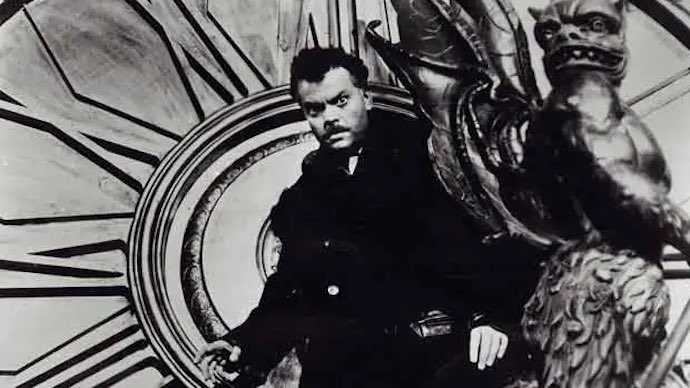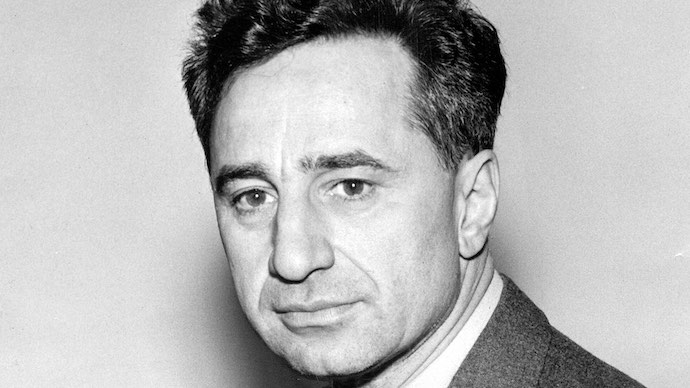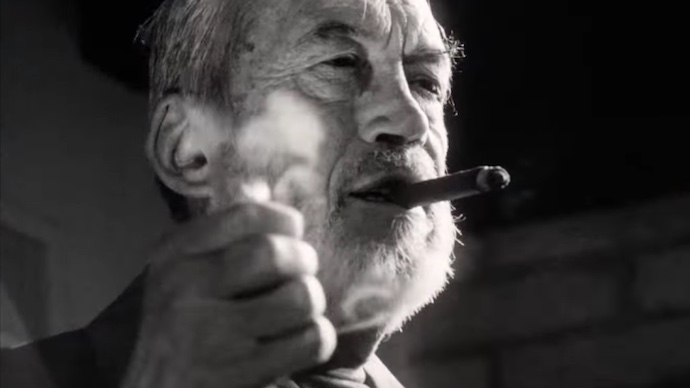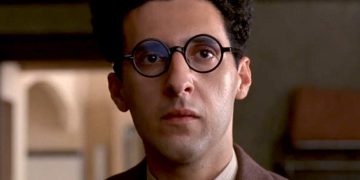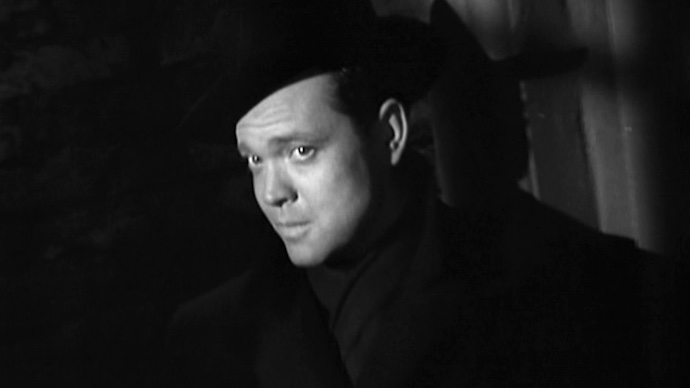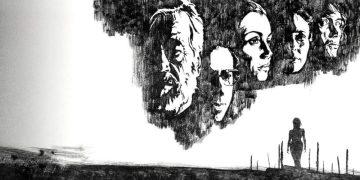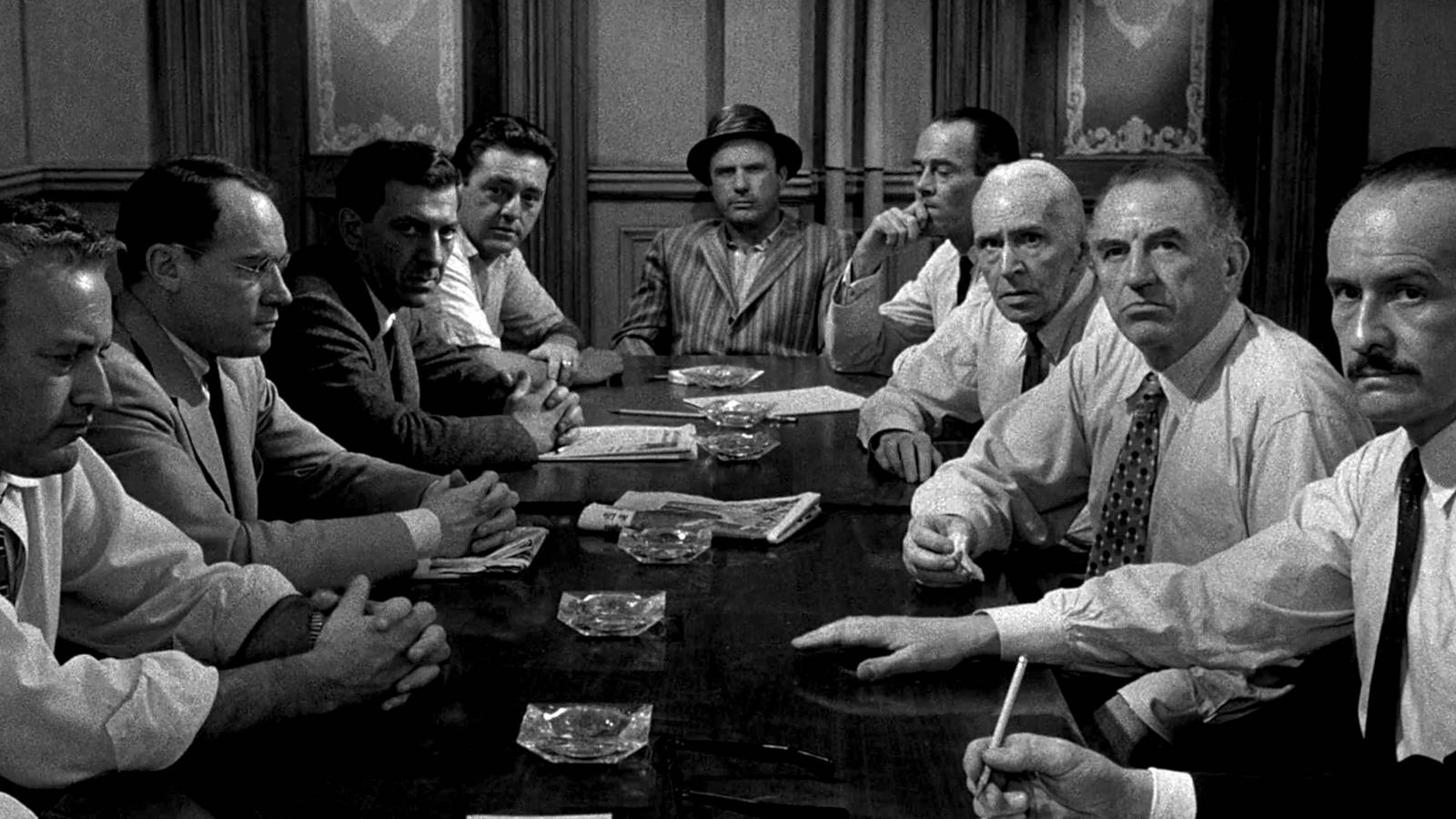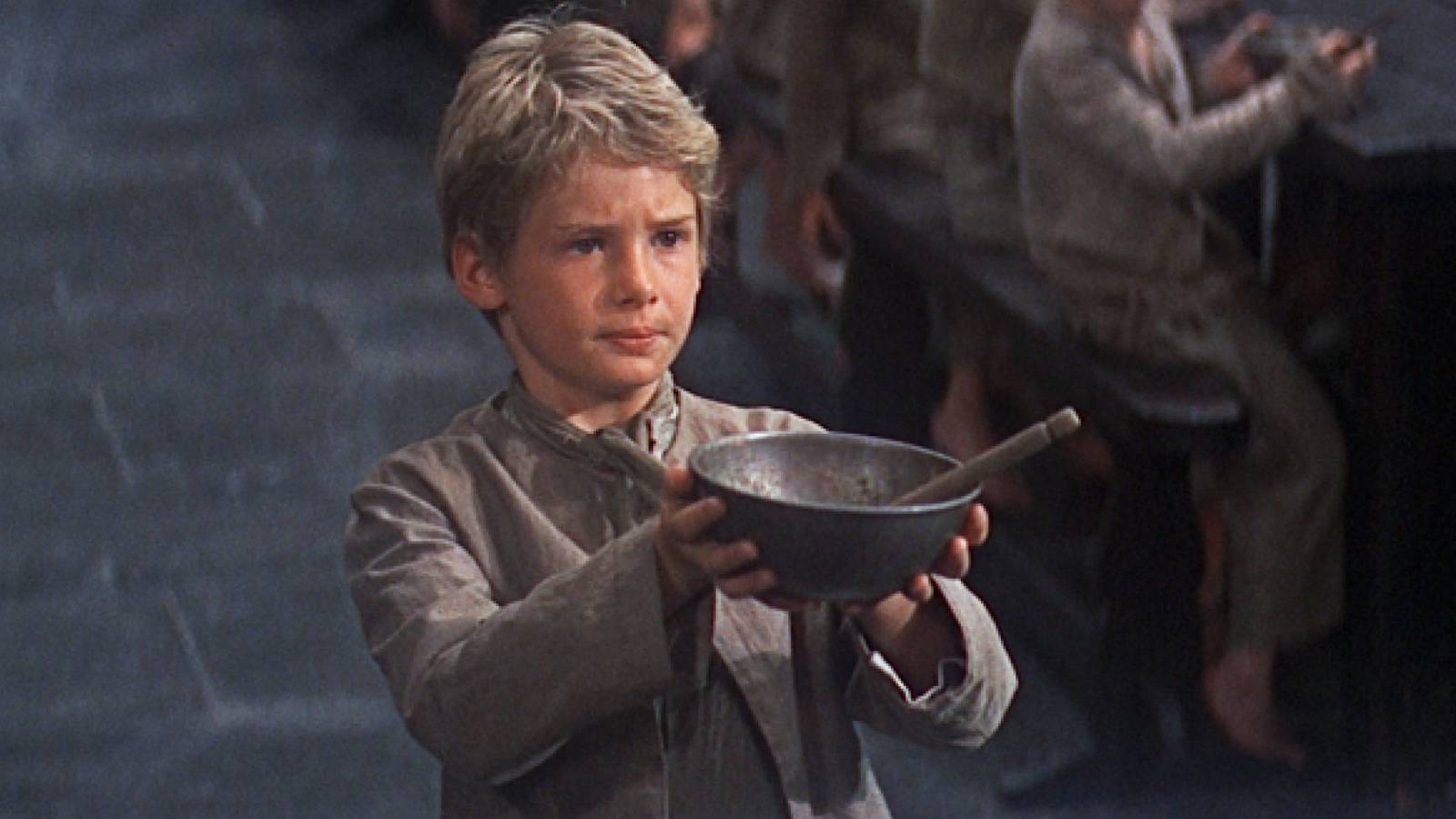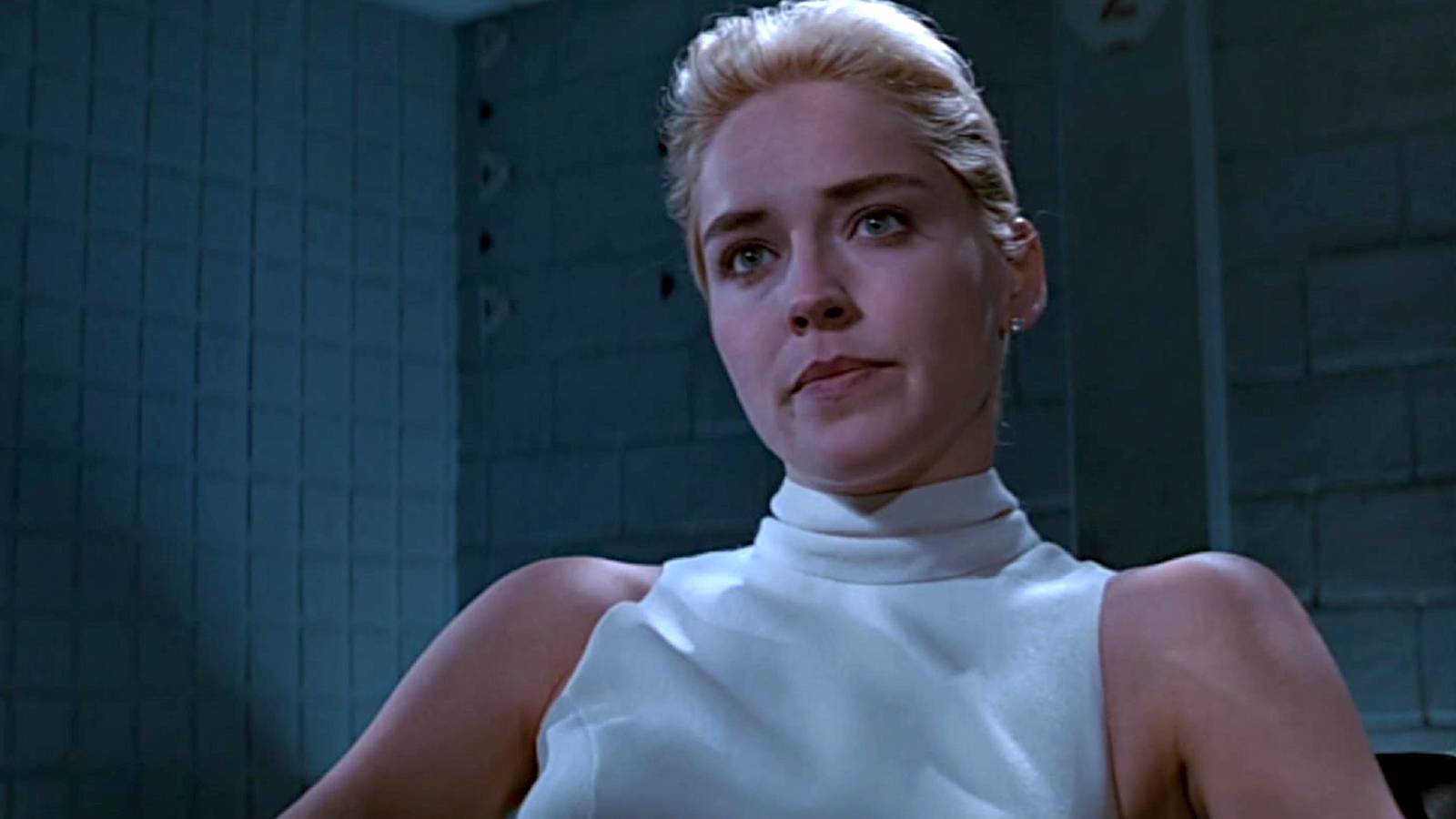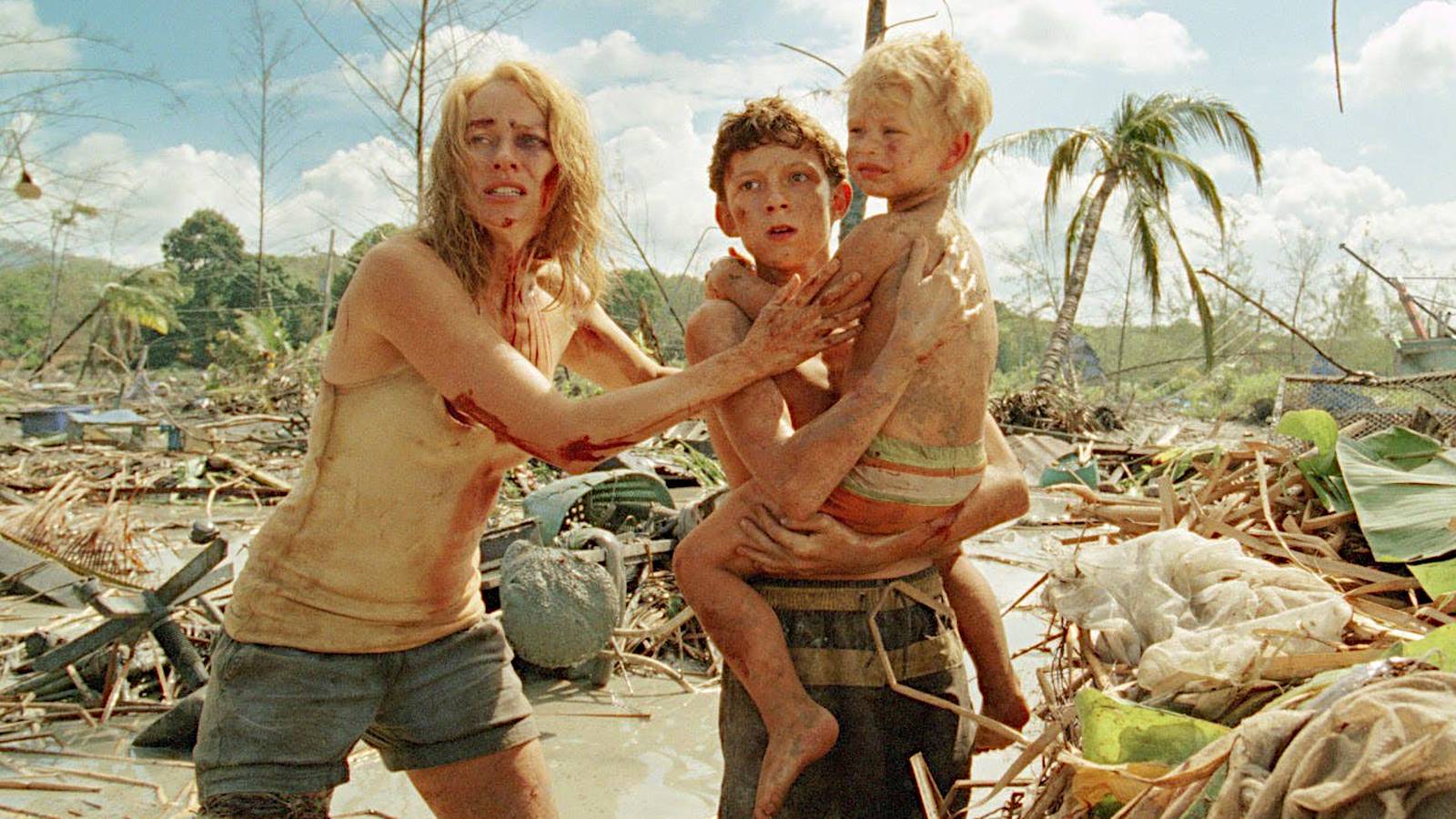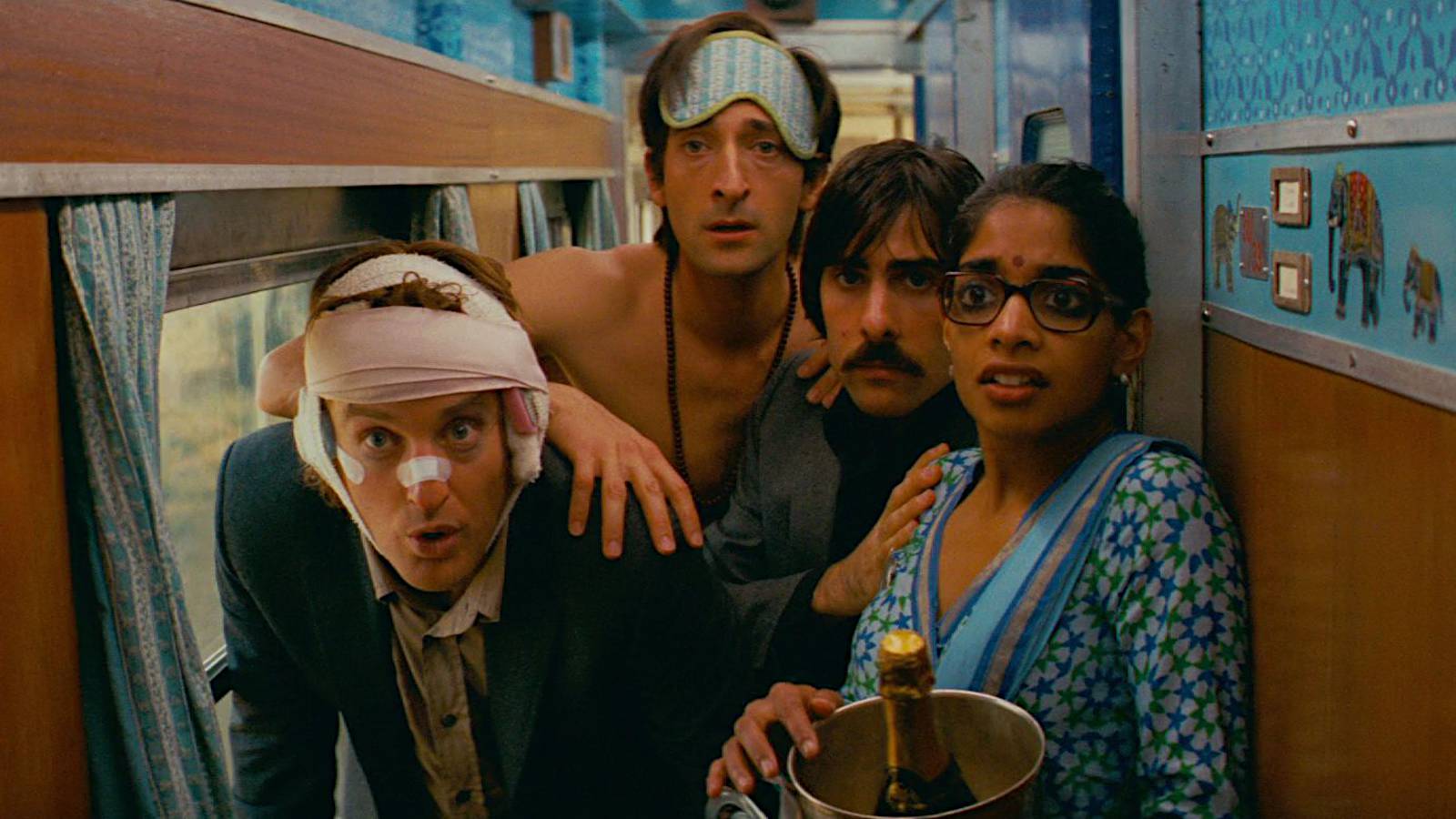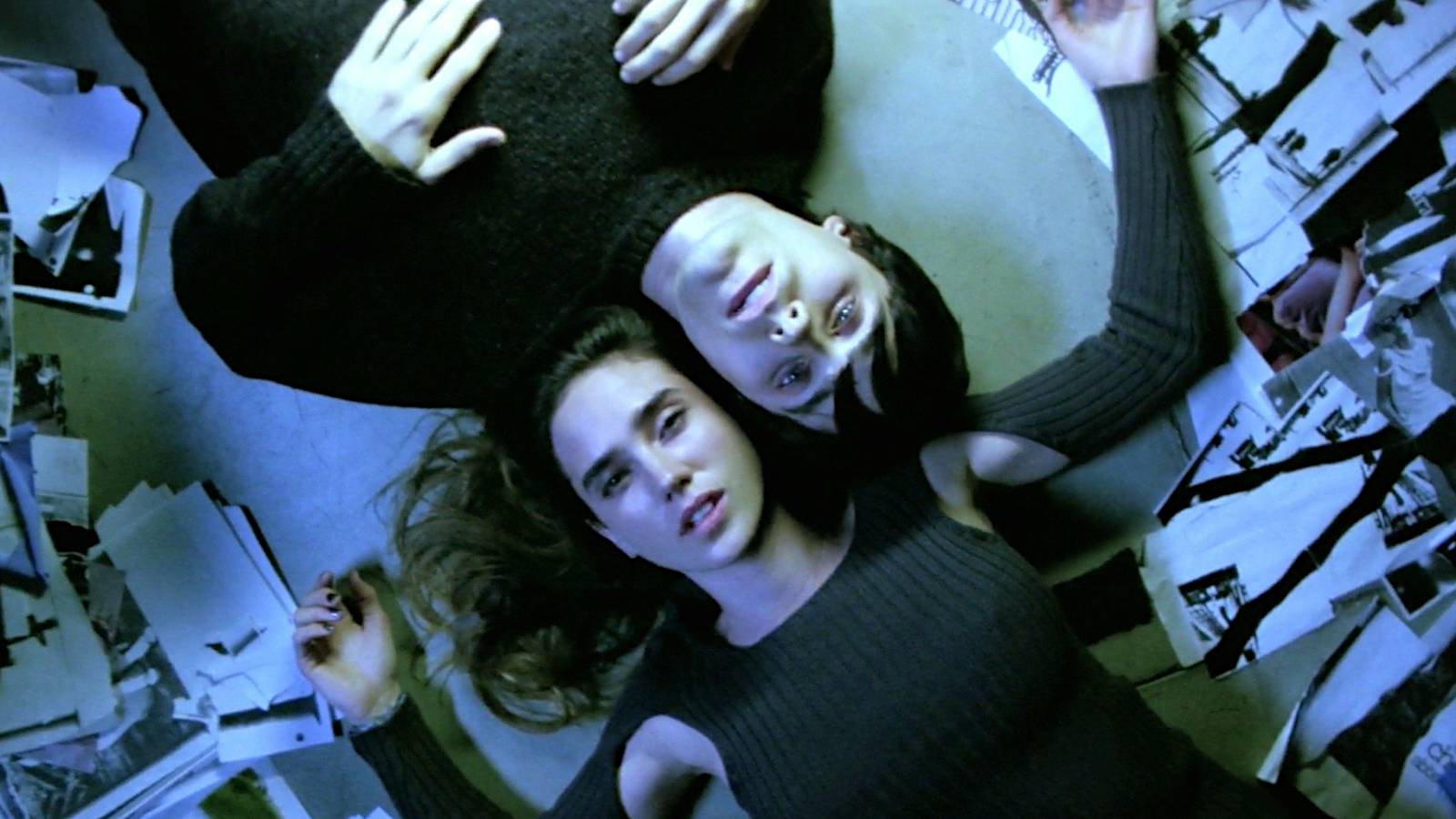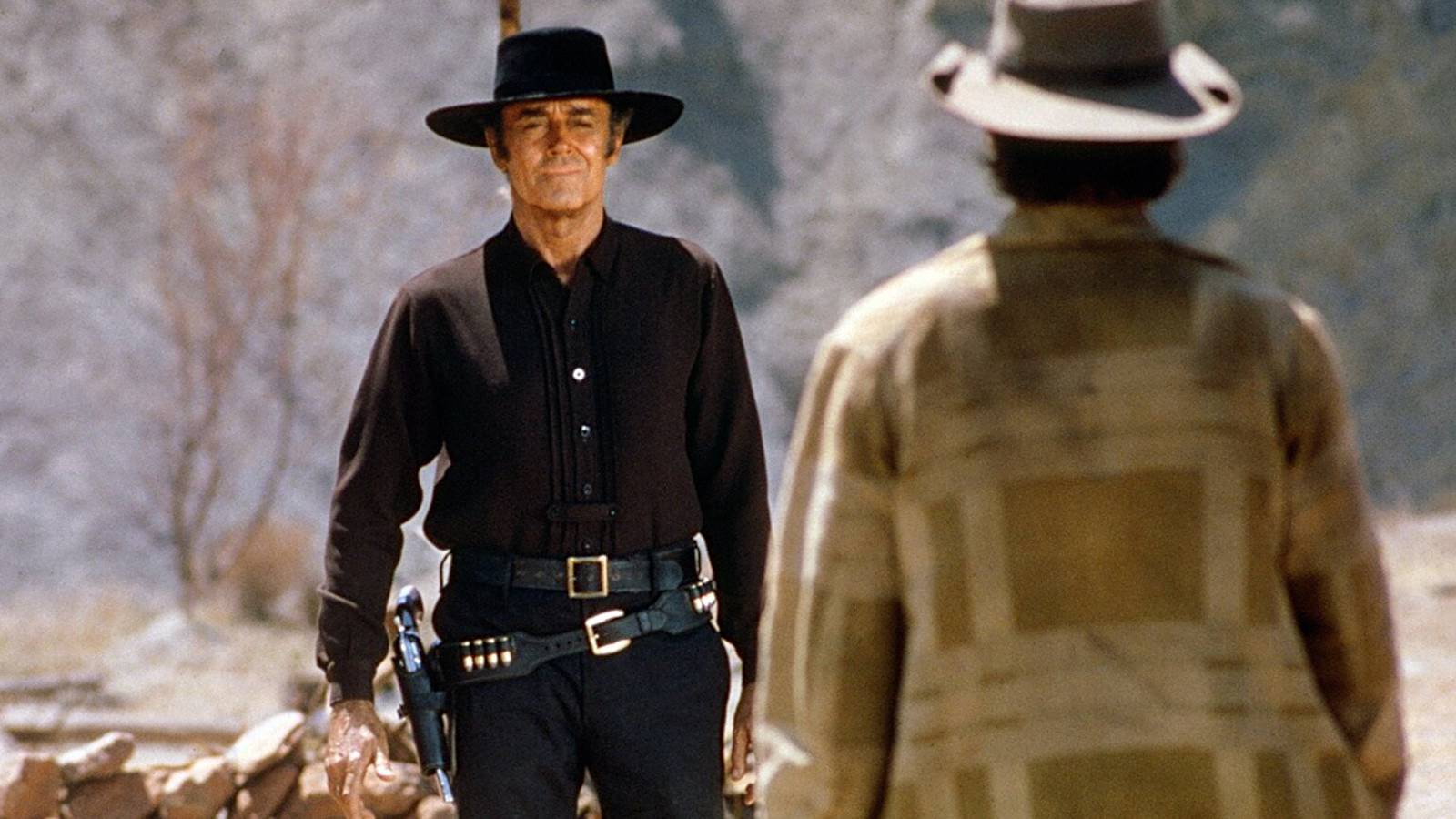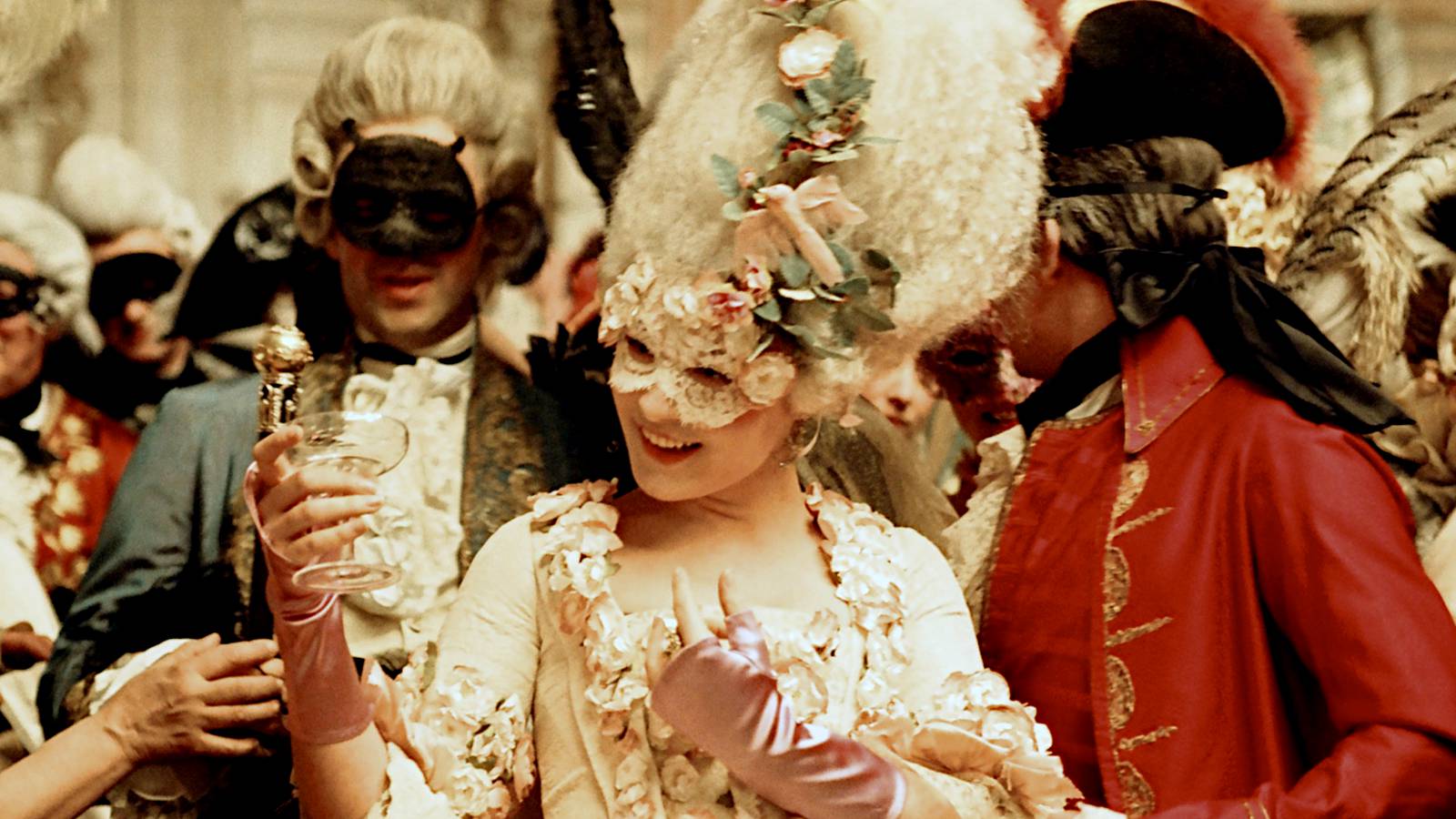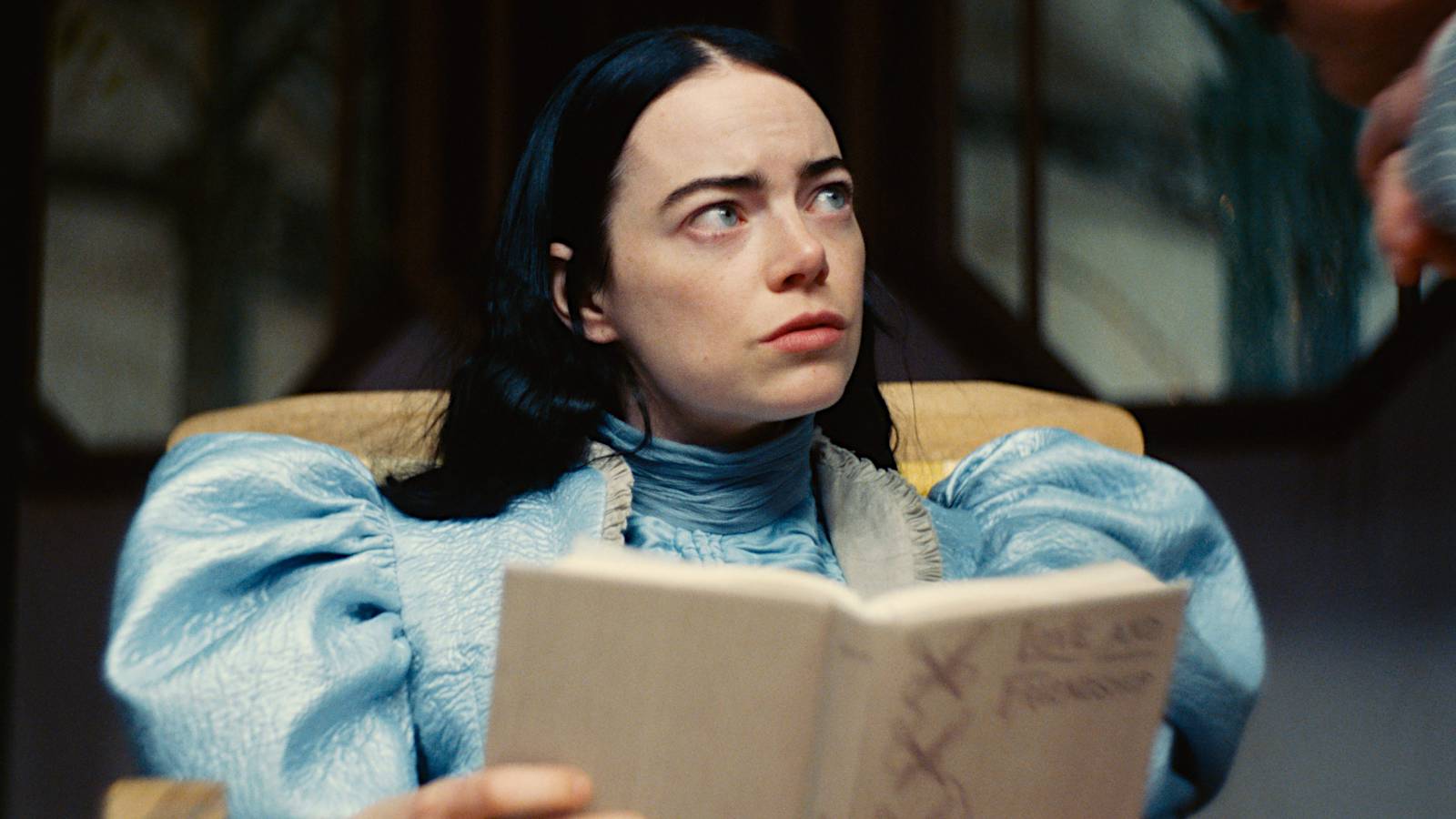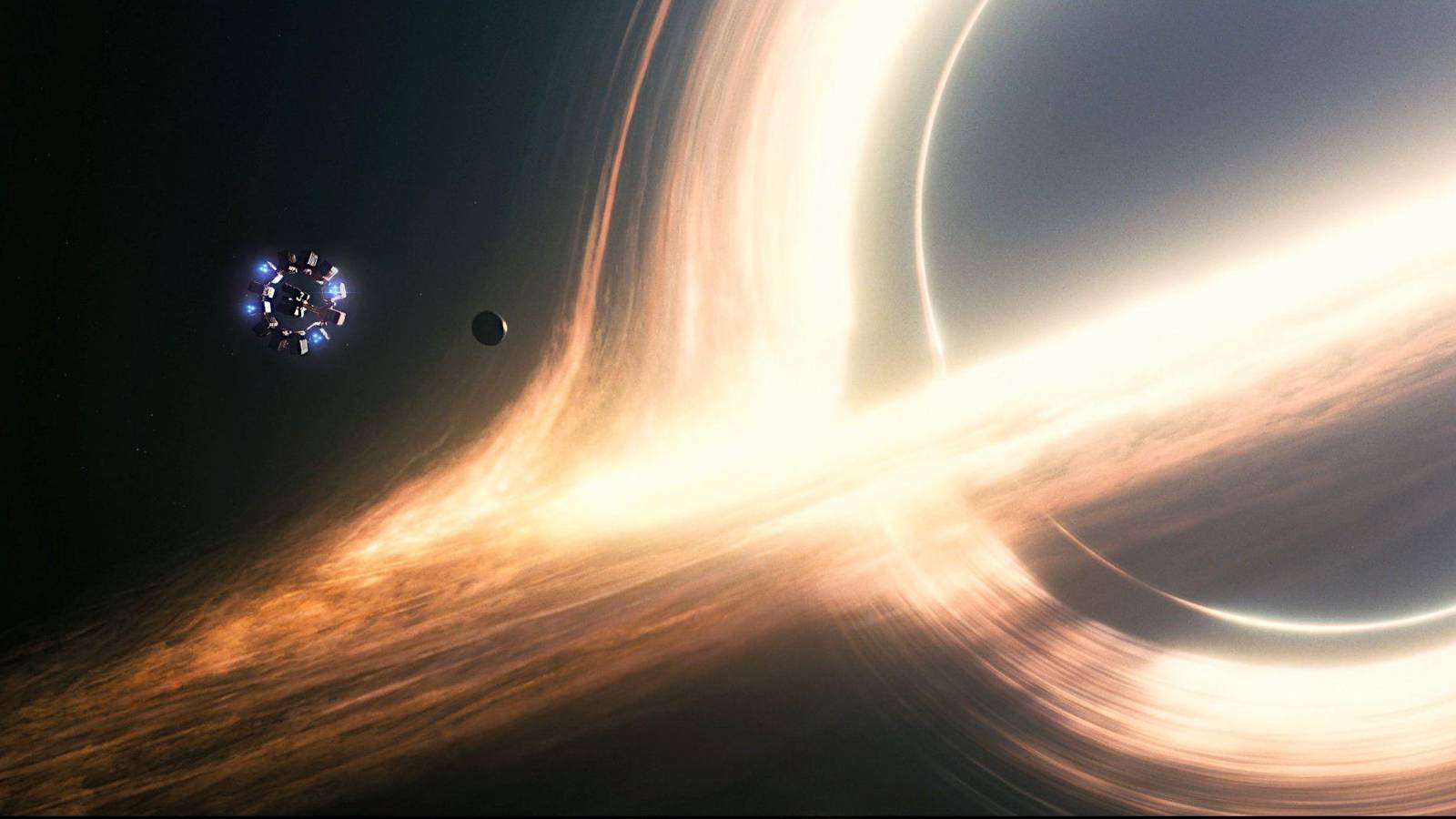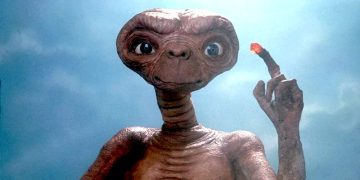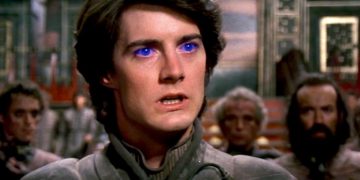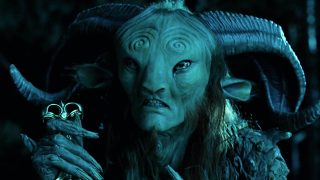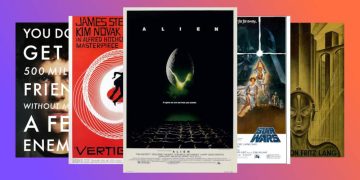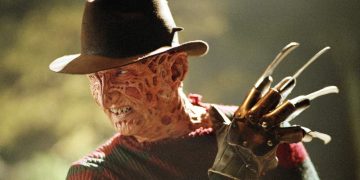10. His Father Was an Inventor—And a Lucky Gambler
When speaking of his late father—who passed when Orson was a boy of 15—Welles revealed that Richard Head Welles was an inventor by trade. The elder Welles made money by inventing products sold to the military for their GIs during the First World War.
However, Orson almost noted that his father used the title as an excuse for not needing a “real” job. Richard Welles inherited a lot of money and mostly spent his days doing whatever he pleased until he lost it all.
But even when he’d lost it all, Richard Welles was a noted gambler who’d win it back at casinos across the US and Europe.
9. He Turned Down Harvard University
When Orson Welles was old enough to go to college, his grades were so good that he was offered a full scholarship to Harvard University.
However, being a boy who didn’t have much time for listening to others, Welles rejected the opportunity and instead made his way to Ireland. There, he conned a theater troupe into believing that he was a star from New York—and that began his affair with performance arts.
8. He Once Met H.G. Wells by Accident
After narrating the famed radio broadcast of H.G. Wells’The War of the Worlds, Orson Welles met the author at a speaking event in 1940—two years after Welles' broadcasts, and quite by chance.
In fact, the pair gave a short but friendly interview on a local radio station in San Antonio,which can be heard on YouTube.
They would never meet again, but the legacy of the originalThe War of the Worldsbroadcast lives on over 80 years later.
7. He Met William Randolph Hearst in an Elevator Before Citizen Kane’s Premiere
It’s well known that the character of Charles Foster Kane was largely based on media mogul William Randolph Hearst, who attempted multiple times to get the movie destroyed. He, obviously, failed at that.
But by sheer coincidence, Welles and Hearst bumped into one another before the film’s premiere in a San Francisco hotel. While riding in the same elevator, Welles asked Hearst if he’d like to attend the premiere—an offer that was rebuffed by the angered titan of industry.
Related:Great examples of toxic masculinity in movies and cinema
6. He Didn’t Watch His Own Films
Like many great filmmakers, Orson Welles didn’t make a habit of watching his own movies after they were completed.
Welles indicated to talk show host Dick Cavett that he didn’t mind watching the ones he’d solely acted in, but when it came to the films he’d directed, Welles purposely avoided watching them after editing.
When asked how he felt aboutCitizen Kane’sreputation, Welles responded: “I like to think how good it must’ve been.”
5. He Had a Knack for Not Finishing Films
The list of films that Orson Welles either wrote, filmed, or partially edited, only to leave them unreleased or unfinished, is remarkably long.
Because the famed filmmaker had a policy of doing all the work himself, that meant he was the only person who could finish his movies—and much of the time, he didn’t. For a multitude of reasons.
Films likeDon Quixote,The Other Side of the Wind, andThe Merchant of Venicewent unreleased for many years following production. Other films were lost, including Welles’Moby Dick,Too Much Johnson,One Man Band,Filming the Trial, andHeart of Darkness.
4. He Was Exiled by Hollywood
After working in Hollywood through the 1940s and parts of the 1950s, Orson Welles left Hollywood for two reasons: he was unhappy with the state of American filmmaking, and he was exiled by producers and studio heads who wanted nothing more to do with him.
His exile lasted many years, during which he continued making movies in Europe, where he found more creative freedom. However, Welles returned to the US in the late-1960s for his film,The Other Side of the Wind, which he reportedly considered his comeback film.
ThoughThe Other Side of the Windwouldn’t be released during Welles' lifetime, he still worked in movies as an actor through his final years—even if his days of working with Hollywood studios were long over.
3. He Considered Elia Kazan a Traitor
During the McCarthy hearings—in which Senator McCarthy led the Un-American Activities Panel in finding communists who worked in Hollywood—the legendary filmmaker Elia Kazan named names during his testimony. It was a move that left his legacy forever tarnished.
Orson Welles felt that Elia Kazan was a traitor to his kind for naming those whom he felt were communist sympathizers. He’d told a group of students in France that Elia Kazan was “a traitor,” and he even made a film calledOn the Waterfrontthat celebrated the informer.
Despite this, Welles noted that Kazan was “a very good director.”
2. His Final Film Came Out 40 Years After His Death… On Netflix
Orson Welles' comeback filmThe Other Side of the Windwas, unfortunately, caught and embroiled in a legal battle.
Welles tried to get the film back from his financiers so he could finish it, but he lost that fight. It was one of the last things in Orson Welles' life as a filmmaker, who failed to have the US comeback he thought he could have under the post-New Wave era.
However, 40 years after the filmmaker’s death, his longtime friend and star of the film (Peter Bogdanovich) and legendary film producer (Frank Marshall) finished the edit and had it released on Netflix.
The film’s Los Angeles premiere garnered great reviews and was even watched by legends like Paul Thomas Anderson, Quentin Tarantino, and Rian Johnson, who were reportedly blown away by the final movie.
For Quentin Tarantino, the movie was so affecting that his ride home had left him stranded at the venue because he’d spent so much time talking about the film with his contemporaries.
Related:The best movies set in Hollywood
1. Critics and Directors Voted Orson Welles as the Greatest Director of All Time
In 2002,Sight & Soundheld a one-off poll to find out whom critics and directors thought was the greatest movie director of all time. Despite other differences, both groups voted Orson Welles as number one.
Critics and directors are often opposed in their opinions, but Orson Welles' influence on filmmaking and the quality of his wholly original output led to an agreement here.
Orson Welles' successes were extraordinary pieces that far overshadow his failures, and his is a name that’ll live on in cinema history for as long as movies continue to be made.
Read next:The best Orson Welles movies, ranked



![]()
